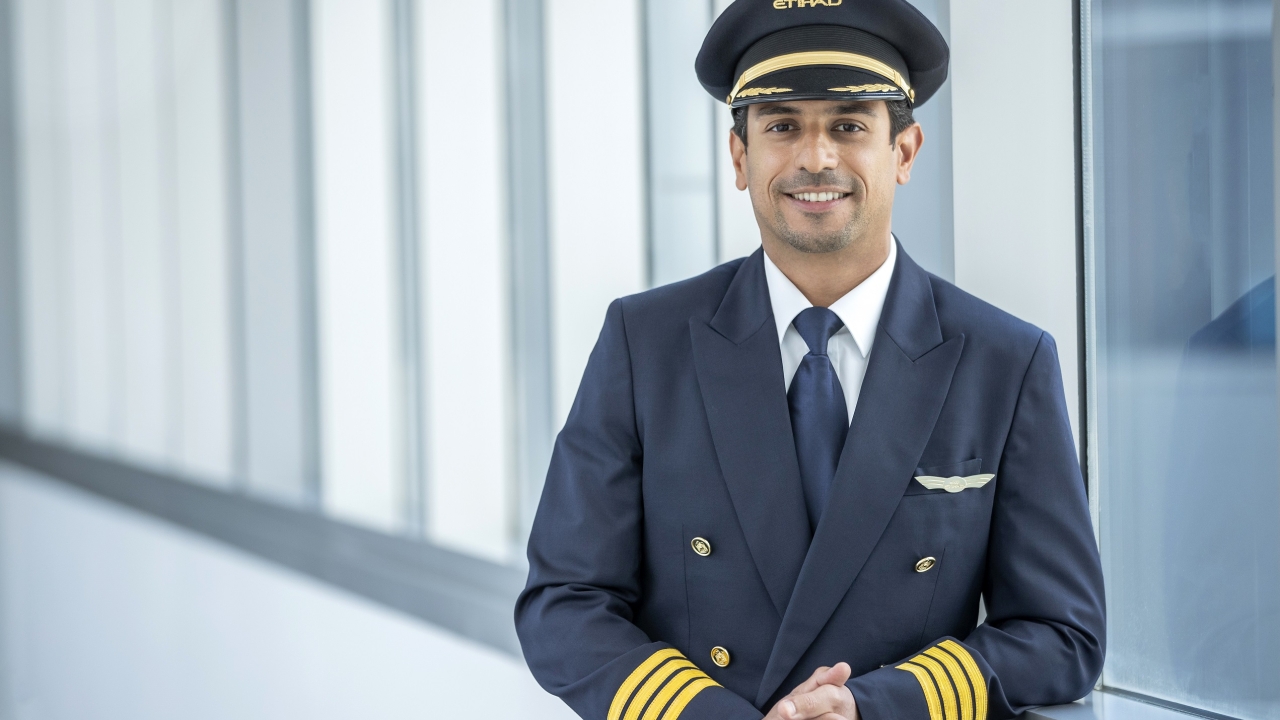Space tops the agenda at Abu Dhabi conference

The second edition of the Global Space Technology Forum was officially inaugurated by Saudi Arabia’s HRH Prince Sultan Bin Salman Bin Abdulaziz Al Saud, President, Saudi Commission for Tourism and Antiquities, who cut the ribbon to officially open the conference and exhibition.Prince Sultan is the first Arab, Muslim and Royal to visit space
Interviews and news from the conference will feature in next week's Arabian Aerospace Radio News.
The three day event at the Abu Dhabi National Exhibition Centre, organised by Streamline Marketing Group, comes at an exciting time for the region’s space industry with many exciting projects on the horizon and follows several successful space activities in the UAE such as the launch of DubaiSat-1, the UAE’s first satellite and the announcement of major multi-million dollar projects by Abu Dhabi-based companies Aabar Investments and 4C GEOC.
The Global Space Technology Forum Conference opened with a global keynote session by former astronaut Prince Sultan who
delivered the first speech on
the strategic role of space technology in regional economic development.
HH Dr. Turki Bin Saud Bin Mohammed Al Saud, The Vice President for Research Institutes, King Abdulaziz City for Science and Technology (KACST); Michael O'Brien, Asst. Administrator, NASA Office of External Relations, USA; and Dr. Jose Achache, Director, Group on Earth Observations (GEO) followed Prince Sultan with keynote speeches.
In a session on space policy, regulations and economics, Dr. Mohamed Argoun, the former Director of the Egyptian Space Program discussed the economic and social benefits for nations of the Middle East embarking on space-based initiatives. He also presented a detailed outline of the necessary steps and milestones that governmental and commercial space entities in the region must reach before creating a Pan-Arab space agency.
“The larger dream is the creation of an Arab Space Agency, but there are critical elements of space industry capability that must be in place first,” said Dr. Argoun.
“We must develop a joint remote-sensing Arab satellite project first, and see the establishment of indigenous private sector space companies to form partnerships with international companies and push for greater development of the region’s space industry. University support is also important, as is gaining a foothold in component manufacturing activity and greater regional involvement in satellite design and assembly.”
The same session also saw presentations from Dr. Mohamed Tarabzouni from the Space Research Institute at KACST, who discussed the important role space technology plays in disaster management and mitigation. Dr. Ahmed Al Mansoori of the Emirates Institution for Advanced Science and Technology (EIAST) presented case studies of MENA-based space programs as a model for other emerging space nations developing public and private space initiatives.
Stay up to date
Subscribe to the free Times Aerospace newsletter and receive the latest content every week. We'll never share your email address.

